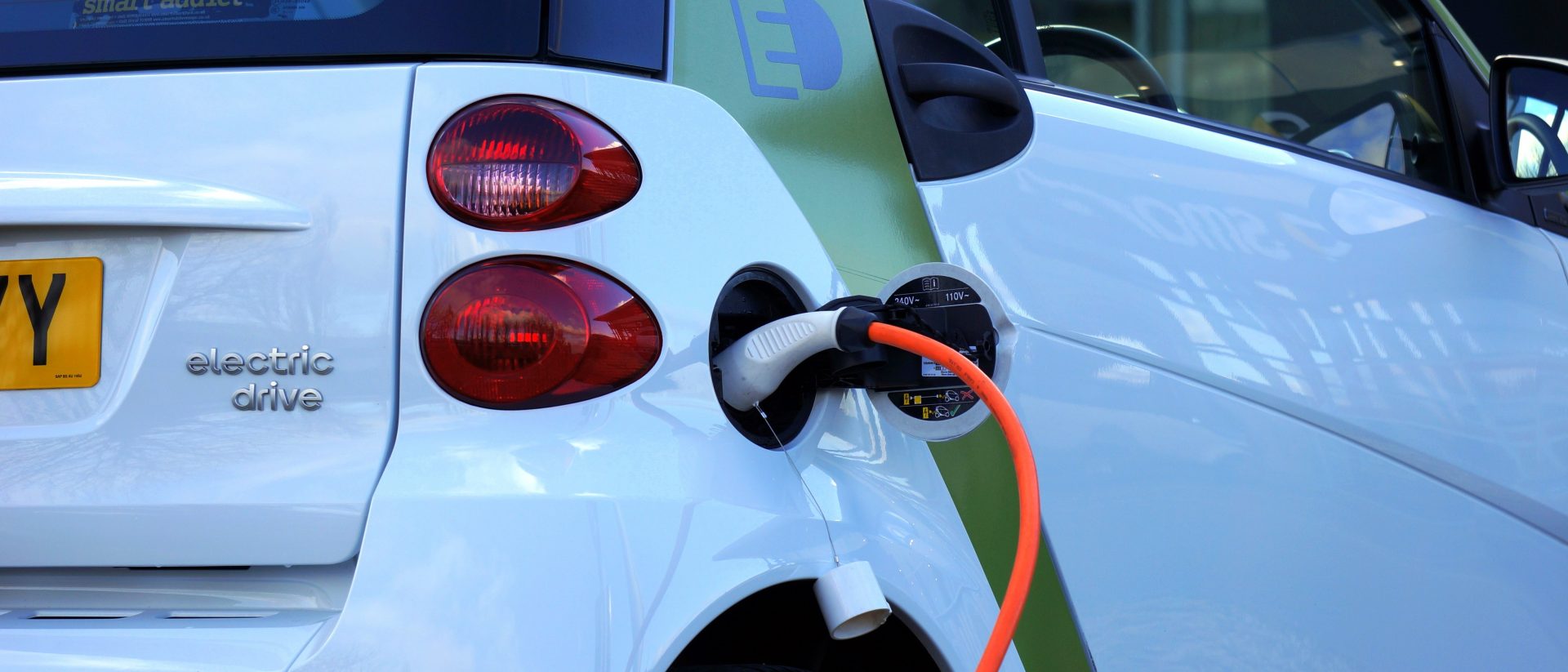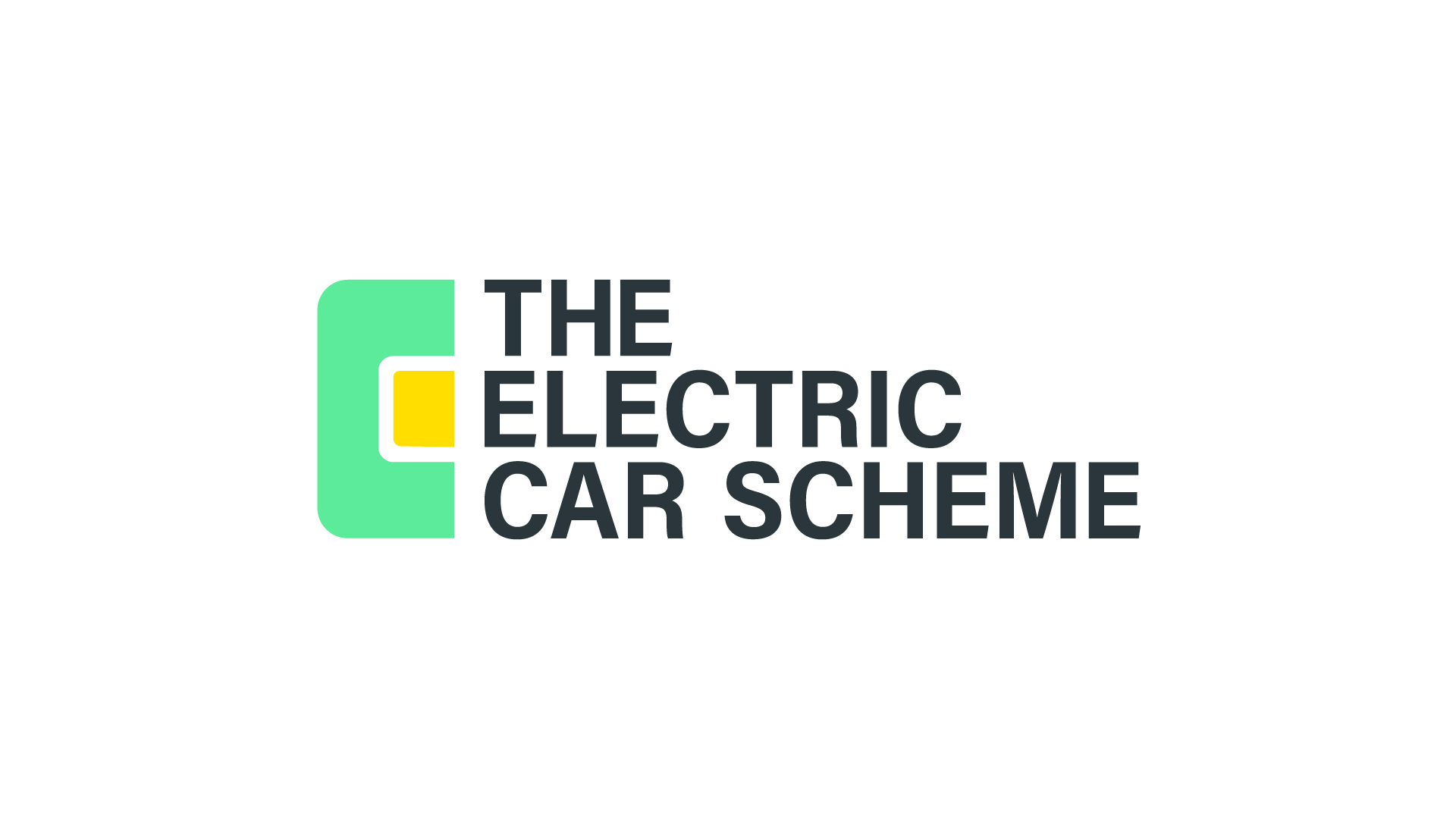Greening your commute with the Electric Car Scheme
An external guest blog written by Thom Groot, co-founder of REA member, the Electric Car Scheme. Views expressed are that of the author and do not necessarily represent the official views of the REA.
Decarbonisation is good for business. It’s not just important in our sector, where most forward thinking companies have joined The Association for Renewable Energy and Clean Technology (REA), but for businesses across the UK.
Want to shout about how green your company really is? Clean up your staff’s commute
onsumers show in survey after survey a preference for brands that walk the talk on sustainability. And with serious regulation of carbon emissions coming in over the coming years, cleaning up your business now will help get ahead of any nasty surprises.
But all too often that sustainable push amounts to a few efficient light bulbs and purchasing some carbon credits. Offsetting is a good solution for processes that you genuinely can’t make emissions-free – but avoiding the emissions in the first place is far preferable.
It doesn’t leave you with the possibility of those offsets becoming far more expensive in the future, or of a nasty surprise when it’s revealed they aren’t actually planting all the trees promised.
And the largest source of emissions a lot of modern businesses create often come outside of business hours, and outside of the office itself: the commute to work.
Transport is the largest source of UK greenhouse gas emissions, accounting for 27% in 2019. And the commute is a huge part of that, itself accounting for about a third of all vehicle miles. [1] Decarbonising the wider country will undoubtedly have to involve decarbonising the commute.
Now some people will be reading this thinking their employees’ commute is none of their business – that their sustainability obligations start and begin with their actual business, not how people get there.
But if your employees have no option for travelling to work that doesn’t include carbon, it’s hard to say that isn’t at least partially your responsibility. And, in future, it very well may be included in your business’ carbon footprint – as part of something called “Scope 3” emissions which are facing tighter regulation.
Carbon accounting rules are moving towards including the commute, even if many omit it now. The Greenhouse Gas Protocol, the most widely used greenhouse gas accounting standard, includes commuting as part of a company’s footprint for its “Scope 3” standard, which also covers emissions from wider supply chains. Any business that wants to stay ahead of the curve on sustainability will likely have to start assessing commuting emissions soon, through staff surveys and the like.
Greening your company’s commutes doesn’t mean you have to suddenly force all your employees to get the train. But it does mean there should be a reasonable and cost-effective option for employees who want to get to work without emitting carbon dioxide. Just like you might provide a car park so people can easily drive to work you should think about ways to make that commute cleaner.
If you have a workplace where driving is the most efficient way of getting to work, there are several ways you can achieve this.
My company lets you offer salary sacrifice electric cars to staff. This won’t cost your business a thing, but will let your employees spend some of their pre-tax income on an electric car lease – making the leases up to 60 per cent more affordable. This is helping a thousands across the UK make the switch to a greener electric car much sooner than they thought possible.
Another great way to help is to install an electric car charge point at your company car park. There are a range of Government grants to make this more affordable.
If your office is well-connected to public transport or cycling links, you should also consider public transport vouchers, or the salary sacrifice Cycle To Work scheme.
These steps won’t immediately green everyone’s commute. But they will make clear that you are committed to a holistic view of sustainability, not just a green badge on your website. And that’s worth a lot.
[1] DfT: National Travel Survey.


